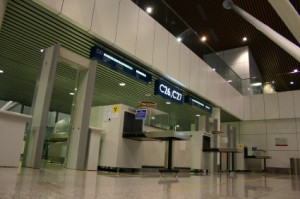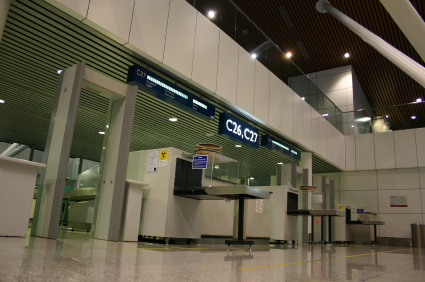 By New York Times
Editorial Board
By New York Times
Editorial Board
The performance of airport security screeners on a recent investigation by undercover agents was appalling. The screeners failed to detect weapons, mock explosives and other prohibited items 95 percent of the time at airports across the country, which may be a shock to travelers who assumed the hassle of screening was worth it if it kept them safe.
The investigation by the Department of Homeland Security’s inspector general reportedly found that undercover agents were able to get prohibited items through security checkpoints in 67 out of 70 attempts. The report on the investigation is classified, but ABC News broadcast the findings on Monday. The network said that one undercover agent was stopped when he set off an alarm, but that the screener who patted him down afterward failed to detect a fake explosive device taped to his back.
After the ABC News report, Jeh Johnson, the secretary of homeland security, said he took the findings “very seriously.” He added that he ordered corrective steps at the Transportation Security Administration, the unit in his department that is responsible for airport screening. He cautioned that “the numbers in these reports never look good out of context” but acknowledged that such covert tests are a critical element in the evolution of aviation security.
It’s hard to see how such an incredibly high failure-to-detect rate could be considered anything other than a harbinger of potential disaster. Security experts say planes remain a high-priority target for many terrorists.
Mr. Johnson stressed that travelers are protected by multiple layers of detection and protection, “many of which are not visible to the traveling public.”
The corrective steps he is taking, some of which are already under way, make good sense. He directed the T.S.A. to brief all airports on the findings and fix the vulnerabilities revealed by the covert test. This would involve retraining airport security officers, re-evaluating all security equipment and conducting more covert tests to determine how well the new measures work.
To read more click here.





